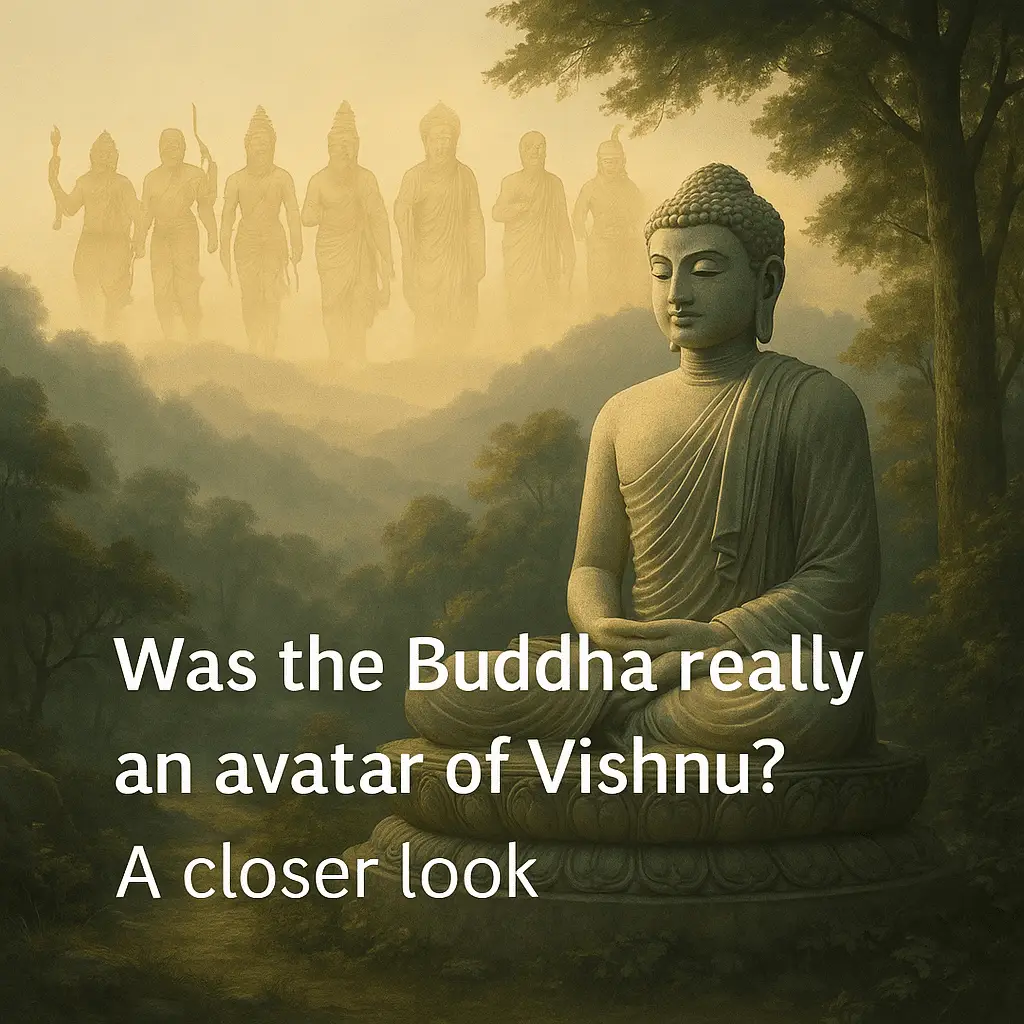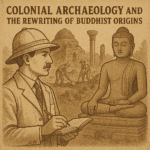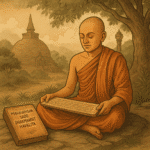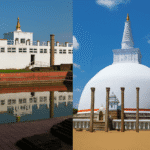As someone born into both Christian and Buddhist traditions, I’ve spent years questioning, exploring, and connecting the dots between the teachings of Jesus and the Buddha. One of the most common questions I encounter is whether the Buddha was the 9th Avatar of Vishnu — a belief that has been integrated into Hindu mythology for centuries.
In this article, I will explore both the Hindu belief and the Buddhist perspective, while also offering insights from the Buddha of Lanka theory — which suggests the Buddha was born and lived in Sri Lanka, not Nepal or India.
The Hindu Perspective: Buddha as an Avatar
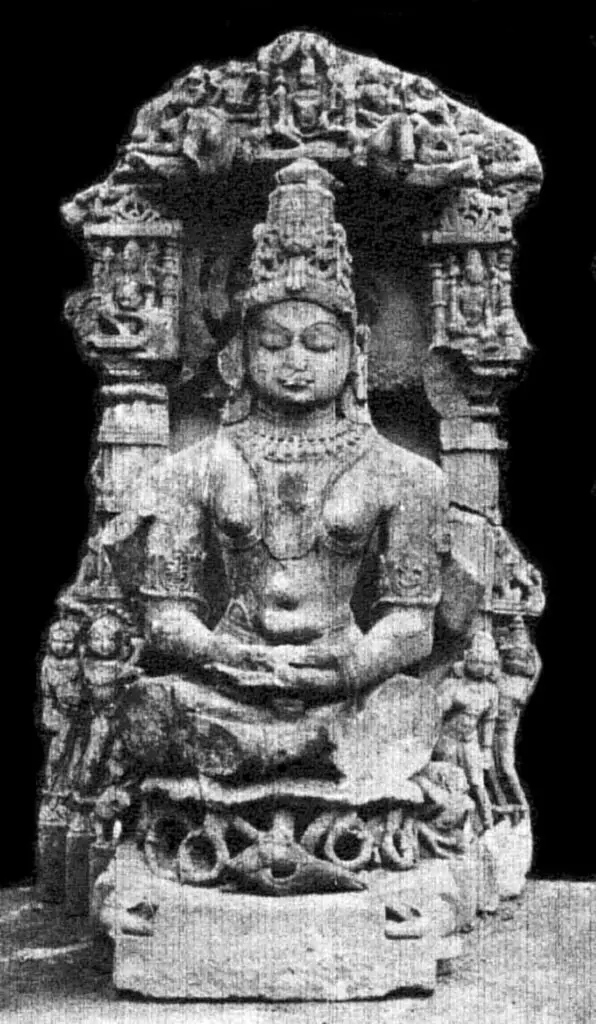
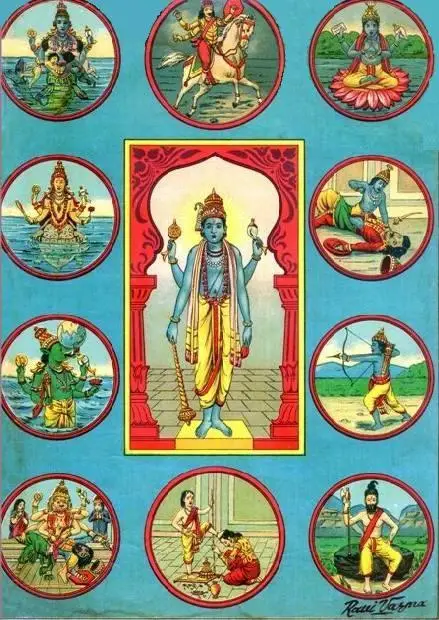
In Hindu mythology, the Dashavatara includes ten incarnations of Vishnu, and the Buddha is traditionally listed as the 9th incarnation. According to some later Puranic sources, Vishnu incarnated as the Buddha to mislead the wicked, drawing them away from the Vedic rituals. This interpretation of the Buddha as an avatar of Vishnu appears centuries after the Buddha’s life, reflecting a period when Hinduism was working to absorb or reinterpret the growing influence of Buddhism.
Quote Block (from the Mahavamsa):
“Thus, there came into being the Great Enlightenment of the Buddha, who showed the path to the cessation of suffering, not through divine power, but through wisdom and understanding.” – Mahavamsa
The Buddhist View: Buddha as a Human Who Awakened
In contrast to the Hindu interpretation, early Buddhist texts do not view the Buddha as an avatar or a divine being. He is considered a fully awakened human being, who attained Buddhahood through wisdom, not through any divine mandate or celestial incarnation. The Buddha’s path was grounded in human experience — through meditation, mindfulness, and ethical conduct.
The Buddha himself explicitly rejected the notion of divine interventions or the need for external worship. His message was clear: liberation comes from within — through self-awareness, compassion, and understanding.
The Buddha of Lanka Perspective
From the Buddha of Lanka viewpoint, the Buddha was not an avatar sent by Vishnu but a real human teacher who lived and taught in Sri Lanka. According to ancient Sri Lankan chronicles like the Mahavamsa, Rajavaliya, and Saddharmaratnavaliya, the Buddha was born in Bambaragala, attained enlightenment at Hiriwadunna, and passed away at Budugala — sites which align more closely with the Pali Canon than modern-day locations in Nepal or India.
Respecting the Myths, Honoring the Truth
While the Hindu belief in the Buddha as an avatar of Vishnu is an important mythological element in the broader religious tapestry, it doesn’t align with the historical teachings of the Buddha. The Buddha was not a divine being — but a teacher who discovered a profound way to end suffering and live with compassion.
The Buddha of Lanka theory invites us to consider a different historical narrative — one that reclaims the Buddha’s true birthplace and path, rooted in Sri Lankan soil, not in the myths of later traditions.
Conclusion
The belief that the Buddha is the 9th avatar of Vishnu is a later reinterpretation in Hinduism, but it doesn’t represent the Buddha’s original identity as a human sage and teacher. From the Buddha of Lanka perspective, the Buddha was born in Sri Lanka, and his teachings offer a path of inner liberation, not divine intervention.
If you’re curious about the Buddha’s true origins and how his teachings match local Sri Lankan geography and traditions, be sure to explore our other articles on sacred sites like Bambaragala and Hiriwadunna.
